 Does your health plan cover CPAP expenses? If you are newly diagnosed with obstructive sleep apnea (OSA), this may be foremost in your mind.
Does your health plan cover CPAP expenses? If you are newly diagnosed with obstructive sleep apnea (OSA), this may be foremost in your mind.
Continuous positive airway pressure (CPAP) and other durable medical equipment (DME) used to treat sleep apnea have regular costs that patients are legitimately concerned about.
Should you be concerned?
Be concerned about treating sleep apnea first
It's important to remember that not treating OSA will result in major medical expenses down the line. It may seem unappealing to lay out money for your treatment now, but this investment is "a drop in the bucket" compared to bypass surgery or the high cost of stroke recovery or other chronic illness costs you could eventually incur, by comparison, in the wake of untreated sleep apnea.
Still, this is not to say that positive airway pressure (PAP) therapy will be easily affordable for all who may need it.
Insurance coverage varies widely from one carrier to the next, so it's important to take a look at your options going forward. A single CPAP setup has many components; some will need replacement earlier than others. Knowledge is power and can help you make the best economic decisions about purchasing and replenishing your therapeutic equipment and supplies.
Insurance coverage for CPAP 
There really isn't a single CPAP cost breakdown that can be applied to the question, "Will insurance cover CPAP?"
New CPAP machines have multiple prices, depending upon how many features they have, who you buy them from, whether you use insurance coverage to pay for CPAP, and if your provider offers CPAP supplies directly.
(Sleep Resolutions, as a hybrid sleep health facility, proudly offers both diagnostic services and durable medical equipment under the same roof, via Knight Time Medical, which we feel stands to benefit patients most.)
However, it's safe to say that most private insurance policies cover PAP therapy equipment. Your best bet is to find out what your plan covers before you make purchases or enter into rental agreements. Your insurance carrier will also be able to tell you what they will reimburse for in terms of frequency and the supplies that will need replenishment (such as mask liners and filters) or replacement (such as CPAP masks or CPAP tubing), and whether you have rent-to-own options.
When you work with a DME supplier, you should also know that deductibles and copays for your PAP therapy may vary and could require pre-authorization by your payer.
Compliance as a best practice
If you don't use your CPAP, you aren't going to get better. CPAP is, more or less, a lifelong therapy. For it to be effective, you have to be compliant.
CPAP compliance (also referred to as adherence) is what doctors and insurance providers look for to determine how frequently and effectively you are using your therapy.
Compliance used to be a matter of asking the patient to report their usage. Now, most machines use modems or SD cards to collect usage (and other) data, which is either sent wirelessly or "read" off your machine or SD card by a technologist.
Minimum compliance fo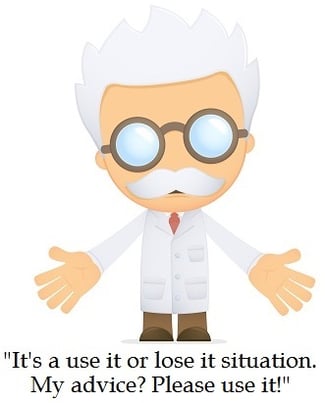 r CPAP is defined by the sleep health industry as "at least 4 hours of use a night for at least 5 nights a week." In the long term, this is defined as 4 hours per night for at least 22 days out of a consecutive 30 days within a 90-day (3-month) period.
r CPAP is defined by the sleep health industry as "at least 4 hours of use a night for at least 5 nights a week." In the long term, this is defined as 4 hours per night for at least 22 days out of a consecutive 30 days within a 90-day (3-month) period.
Why "at least 4 hours of use a night?" Research confirms this to be the minimum usage that results in measurable improvements to cardiovascular health.
Doctors and insurance payers are both on board with the notion, "use it or lose it." If your usage drops below compliance expectations, your doctor will come knocking to find out why.
In addition, the Affordable Care Act now requires proof of compliance for the use of DME as a cost-savings measure, and your own insurance plan will be less likely to reimburse you for expensive equipment you're not using to minimum standards.
It's critical that, once you receive your CPAP, you stay in touch with your sleep specialist and DME provider. They are you best options for achieving therapy success from the very start. The best sleep centers in Kansas provide support through email, phone calls, office visits, even support groups. The technologists you encounter, in particular, are skilled troubleshooters who can offer all sorts of tricks and tips for overcoming issues with therapy usage and tolerance. Never hesitate to ask for help!
Must I use insurance to pay for CPAP?
Believe it or not, you don't have to go through insurance to pay for your therapy. 
Working with an in-network DME provider can provide some discounts, but sometimes cash-only purchases can be even more affordable. It all depends upon the kind of coverage you have. Do your research if you have budgetary concerns. Your DME or sleep specialist can provide you with "cash pay" options when requested.
The rental option
Instead of paying outright for your equipment, you could work with your insurance company to put a "rent-to-own" option into place. This applies your monthly payments toward your machine purchase. Most people pay off their machine in this way by no later than 10 months.
If you find you don't like your therapy after a month or so, your doctor may change your prescription. It's not uncommon for a first machine to be a less-than-perfect match to your needs and comfort level.
One added benefit of renting: you're not going to lose all the money spent on a fully purchased CPAP—you'll just turn it in and get a different machine. You're not "stuck with it," in other words. Renting, then, takes some of the pressure out of using a machine you can't tolerate only because you've already paid for it. You can only benefit from CPAP if you can tolerate your therapy; comfort matters, and without it, you could quickly fail your compliance goals.
CPAP assistance program (CAP)
If C PAP is simply out of your budget, you can always reach out to the American Sleep Apnea Association (ASAA). Their CPAP Assistance Program (CAP) provides CPAP equipment to patients in need. You must present a valid prescription and fill out an application to verify need in order to acquire a machine through CAP.
PAP is simply out of your budget, you can always reach out to the American Sleep Apnea Association (ASAA). Their CPAP Assistance Program (CAP) provides CPAP equipment to patients in need. You must present a valid prescription and fill out an application to verify need in order to acquire a machine through CAP.
While this equipment is considered free, the ASAA still requires a $100 payment to help fund the program for all who need it. However, even $100 is a significant savings.
CAP has some limitations. The nonprofit relies on donations, so they may not have specific brands in stock or kinds of therapies available (such as the more complex ASV or BiPAP systems). The equipment also comes “as is” without warranty or technical support, although they do offer a 30-day warranty to cover shipping damages or immediate mechanical failure.
So, does insurance cover CPAP? Yes, but it will depend a great deal on your plan, and whether you get enough coverage to justify filing insurance claims. Rentals can be an affordable option, and a mostly free donation option exists for those with no insurance coverage or a proven inability to pay.
The main takeaway: if you ask your payer questions about your options and get a pricing guide from your DME provider, it will go a long way toward helping you make this vital therapy affordable for you in the long term.
Sources:
American Sleep Apnea Association
National Sleep Foundation







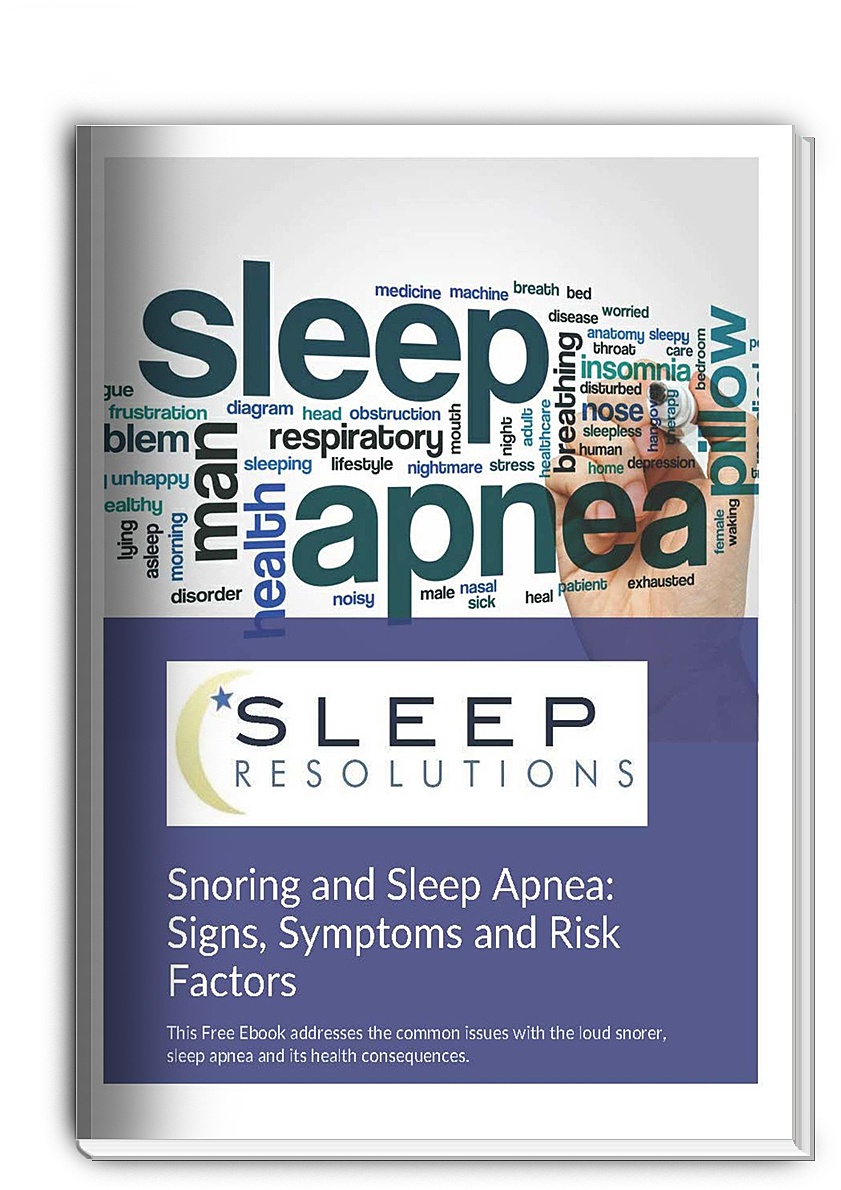

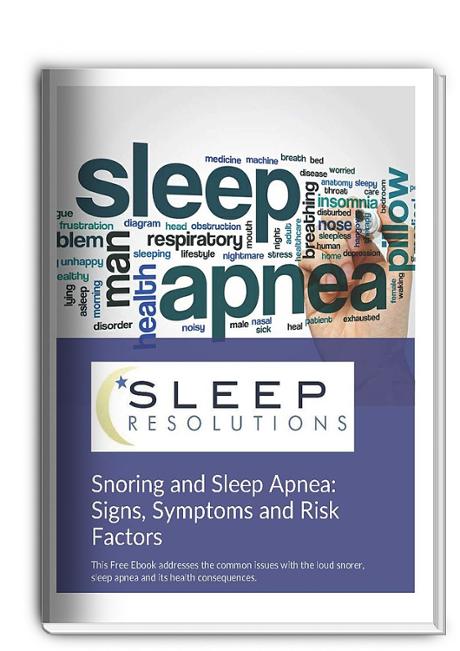

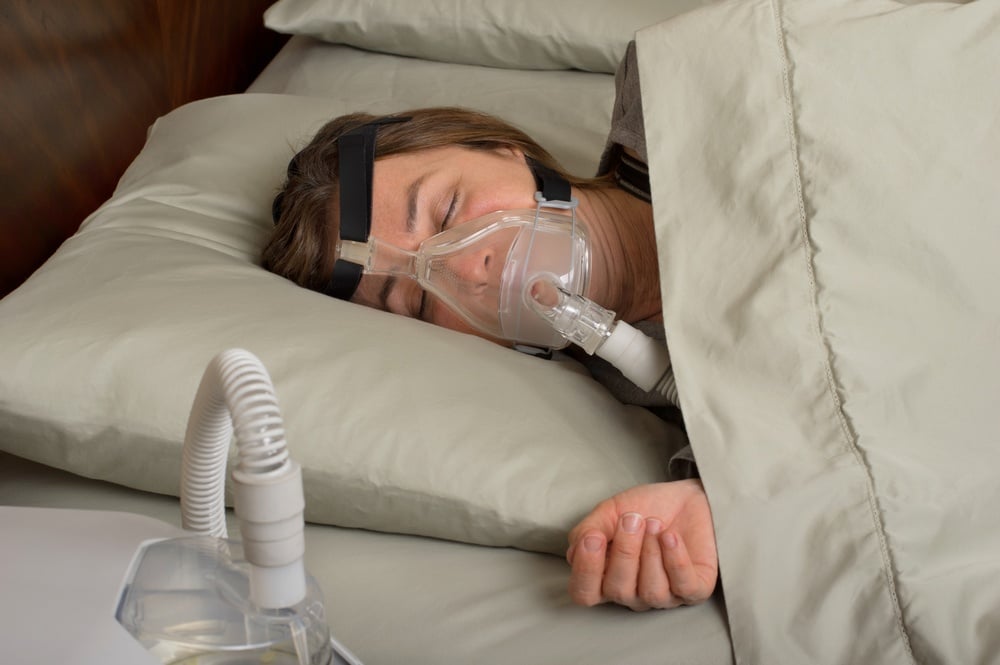

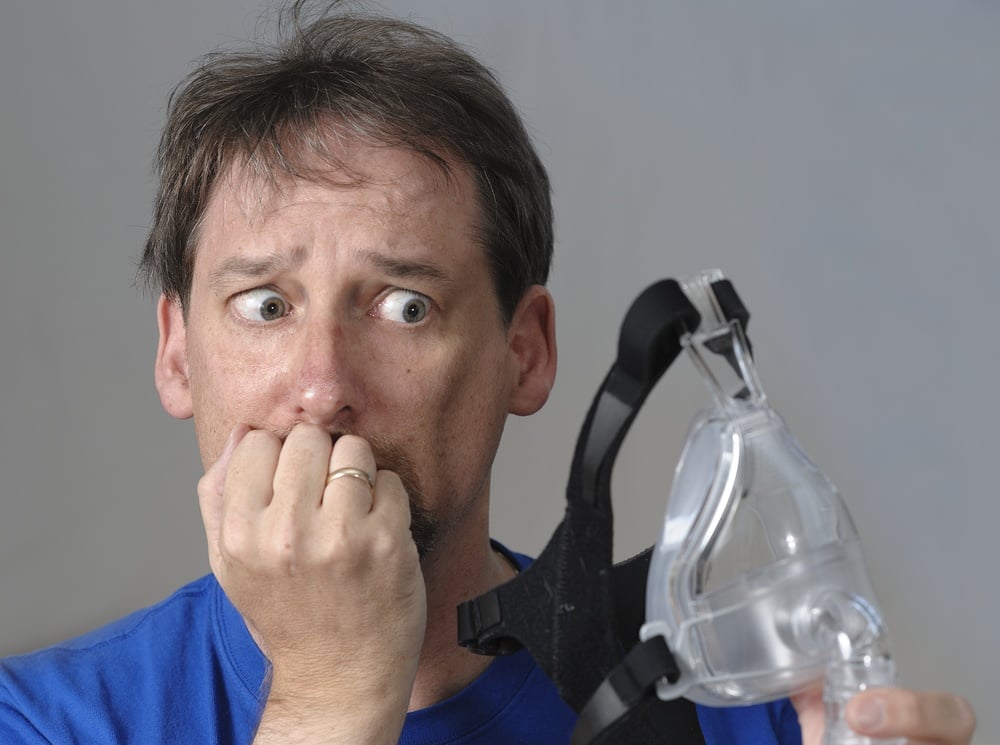
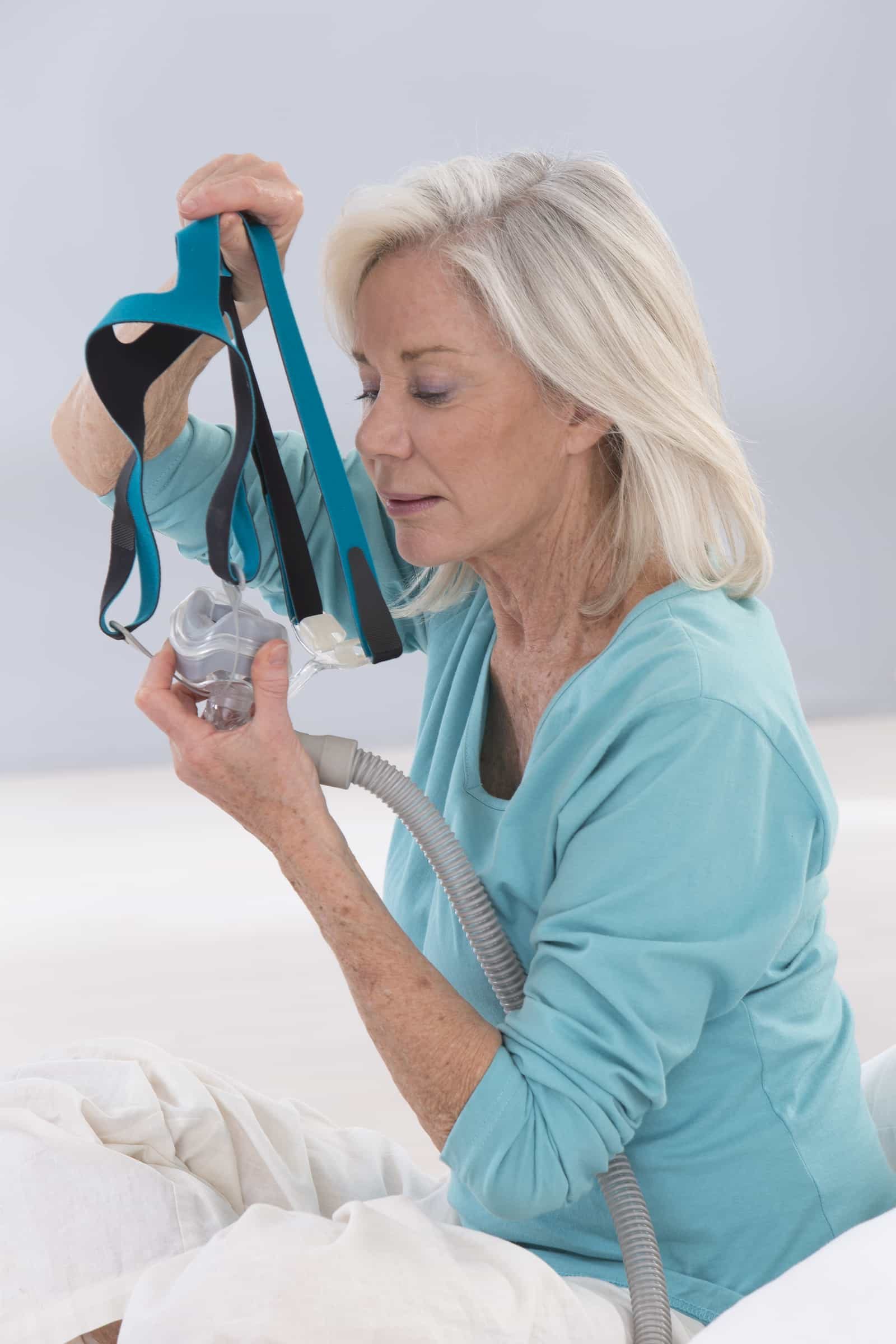
Leave a comment